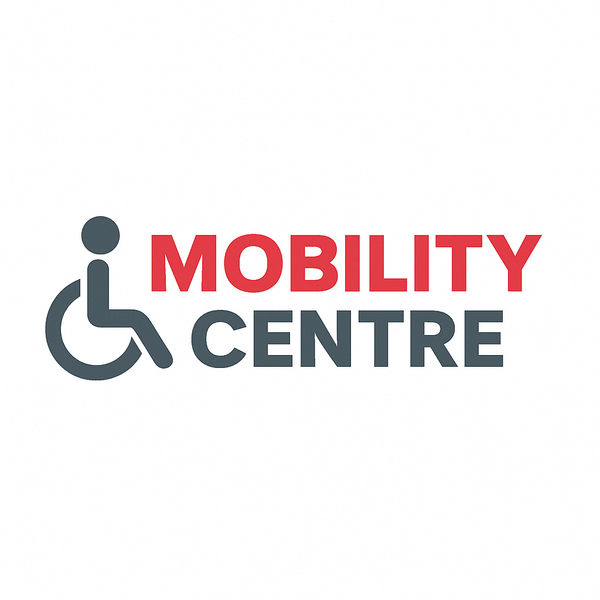In a huge win for disability rights campaigners, Bromley Council has reversed its controversial decision to introduce parking charges for Blue Badge holders. This U-turn means that disabled drivers and passengers will continue to park for free in council-operated car parks—a relief for many who feared the added financial strain and reduced accessibility.
Public Pressure Forces a Reversal
The council originally proposed the charges in November 2023 as part of budget cuts, aiming to raise around £50,000 by charging Blue Badge holders between £1.10 and £1.60 per stay. However, this sparked widespread public outcry. A petition led by Sian Pugh, a local resident with multiple sclerosis, gained over 4,000 signatures, highlighting the unfairness of penalising disabled residents for simply going about their daily lives.
Campaigners argued that the move would disproportionately impact those with mobility issues, making essential trips—whether for medical appointments, shopping, or social activities—more difficult and expensive. The backlash was impossible to ignore, and Bromley Council has now admitted that they can balance their budget without forcing these charges on disabled people.
A Win for Accessibility and Inclusion
This decision represents a major victory for disabled rights in Bromley. Accessibility is not a privilege—it’s a necessity. Many Blue Badge holders already face barriers to independence, and free parking is a crucial support that enables them to live active, fulfilling lives. By backing down, Bromley Council has acknowledged the importance of protecting accessibility and ensuring that disabled residents are not unfairly targeted.
What This Means Moving Forward
For now, Blue Badge holders in Bromley can breathe a sigh of relief. But this episode serves as a reminder that vigilance is needed to protect the rights of disabled individuals. The success of this campaign shows the power of public pressure and community action—when people come together and speak out against injustice, change happens.
Bromley Council’s U-turn is proof that accessibility must remain a priority, and that disabled people should never be treated as an afterthought in budget decisions. Today, campaigners can celebrate a well-earned victory—but they’ll also be keeping a close eye on the future to ensure that equality and inclusion remain at the heart of local policy.

